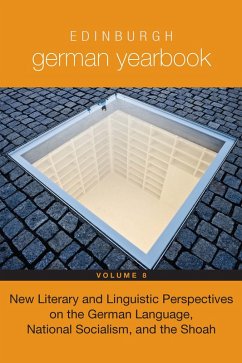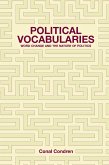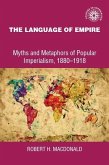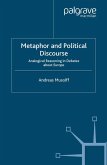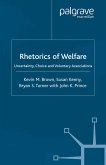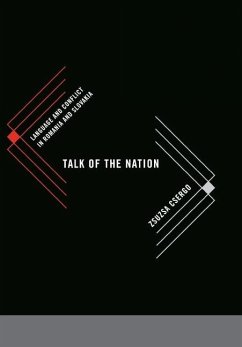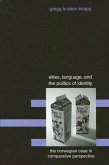New perspectives on the relationship - or the perceived relationship - between the German language and the causes, nature, and legacy of National Socialism and the Shoah.
There is seemingly no escaping the association of the language of Goethe with the language of Hitler: the two leaden clichés seem to be inseparable, suggesting a Sonderweg between enlightened sophistication and subtle beauty on the one hand and linguistic barbarism on the other. Victor Klemperer suggested that the Lingua Tertii Imperii was a perversion of German that needed to be purged from the language, but does the notion of "Nazi language" as an identifiably separate entity really hold water, or does it only reflect a desire to construct a clear demarcation line between "Germans" and "Nazis"? What new linguistic, literary, or historical perspectives are availableon the functioning of language during and after the Third Reich? Must German always be the "language of the perpetrators," entailing a constant state of heightened self-awareness or vigilance against contamination, or is neutral,objective speech about National Socialism possible in German?
This collection provides new perspectives on the relationship - or the perceived relationship - between the German language in all its manifestations and the causes, nature, and legacy of National Socialism and the Shoah.
Contributors: Ian Biddle and Beate Müller, Mary Cosgrove, Peter Davies, Sylvia Degen, Andrea Hammel, Geraldine Horan, Teresa Ludden, Dora Osborne, Marko Pajevic, James Parsons, Simone Schroth, Arvi Sepp, Simon Ward, Jenny Watson.
Peter Davies is Professor of Modern German Studies at the University of Edinburgh. Andrea Hammel is Senior Lecturer in German at Aberystwyth University.
There is seemingly no escaping the association of the language of Goethe with the language of Hitler: the two leaden clichés seem to be inseparable, suggesting a Sonderweg between enlightened sophistication and subtle beauty on the one hand and linguistic barbarism on the other. Victor Klemperer suggested that the Lingua Tertii Imperii was a perversion of German that needed to be purged from the language, but does the notion of "Nazi language" as an identifiably separate entity really hold water, or does it only reflect a desire to construct a clear demarcation line between "Germans" and "Nazis"? What new linguistic, literary, or historical perspectives are availableon the functioning of language during and after the Third Reich? Must German always be the "language of the perpetrators," entailing a constant state of heightened self-awareness or vigilance against contamination, or is neutral,objective speech about National Socialism possible in German?
This collection provides new perspectives on the relationship - or the perceived relationship - between the German language in all its manifestations and the causes, nature, and legacy of National Socialism and the Shoah.
Contributors: Ian Biddle and Beate Müller, Mary Cosgrove, Peter Davies, Sylvia Degen, Andrea Hammel, Geraldine Horan, Teresa Ludden, Dora Osborne, Marko Pajevic, James Parsons, Simone Schroth, Arvi Sepp, Simon Ward, Jenny Watson.
Peter Davies is Professor of Modern German Studies at the University of Edinburgh. Andrea Hammel is Senior Lecturer in German at Aberystwyth University.
Dieser Download kann aus rechtlichen Gründen nur mit Rechnungsadresse in A, D ausgeliefert werden.

